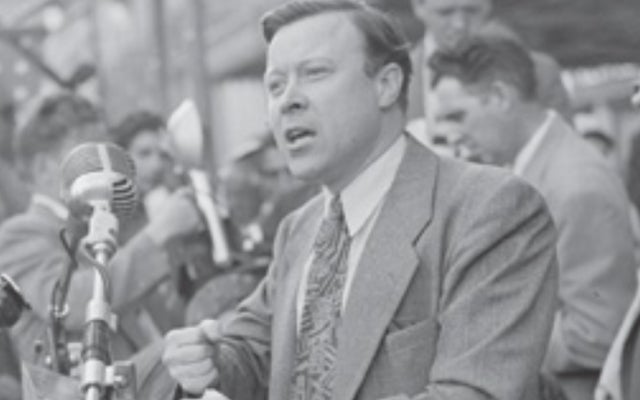
thank you for visiting the labor history resource project as we build this resource!

This website includes what appears to be photographs from several labor unions, including the United Autoworkers (UAW), the American Federation of State, County, and Municipal Employees (AFSCME), and the American Federation of Teachers (AFT).
Through the Montana Memory Project, the Montana Historical Society has created a rich archive of hundreds of interviews detailing the history of workers in key industries in Montana. The interviews capture the stories of laborers, labor leadership, and support industry workers, from the expansion in…
The Pacific Northwest Antiwar and Radical History Project is a multimedia web project that aims to chronicle the social impact of war and the rich history of antiwar activity in the Northwest. With video oral histories, hundreds of photographs and documents, GI underground newspapers, movement…
Teaching in St. Paul Public Schools was a destination for me because I knew our schools had a gorgeous student population that reflected our world. I also found an amazing group of dedicated, talented colleagues I am honored to work alongside and represent.
From early in the 19th century through recent years, the Mahoning Valley has drawn new migrants and immigrants seeking economic opportunities and new homes. As those families settled in the area, they created the diverse cultural mix of our present day community. They brought new…
Women Have Always Worked: Fighting for Equality: 1950–2018.
An exploration from an online edX course.
In 2019, the percent of wage and salary workers who were members of unions—the union membership rate—was 10.3 percent, down by 0.2 percentage point from 2018, the U.S. Bureau of Labor Statistics reported today.
The Southern Historical Association was organized on November 2, 1934 with the idea of promoting an “investigative rather than a memorial approach” to southern history. Its objectives are the defense of history education and historical thinking in the South; the promotion of rigorous research in southern history; the collection and preservation of the South’s historical records; and the encouragement of state and local historical societies in the South.
The National Labor Union was founded on August 20, 1866, in Baltimore, Maryland. It was the first attempt to create a national labor group in the United States and one of their first actions was the first national call for Congress to mandate an 8-hour work day.